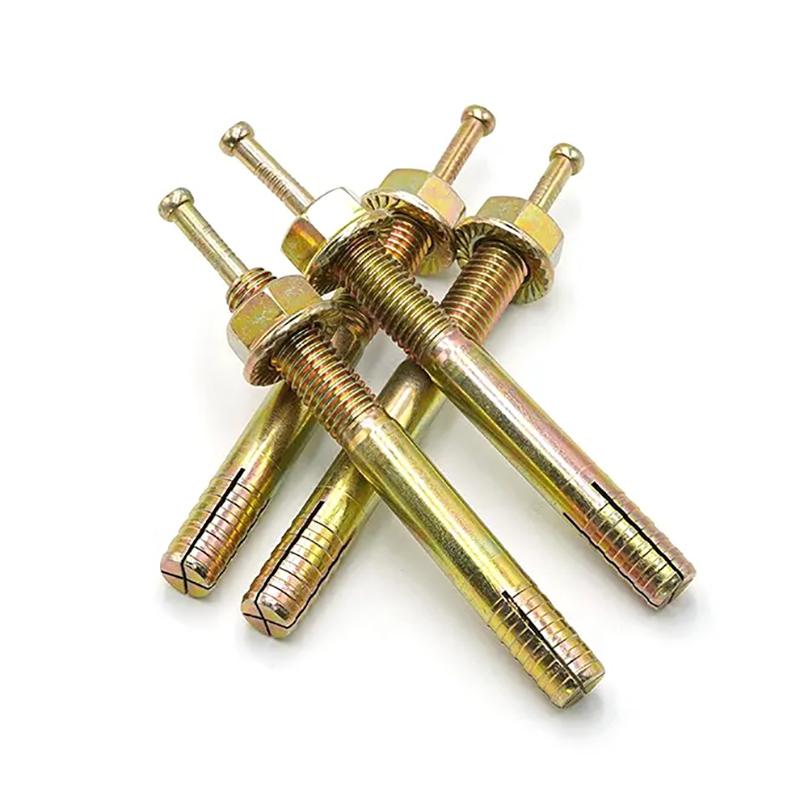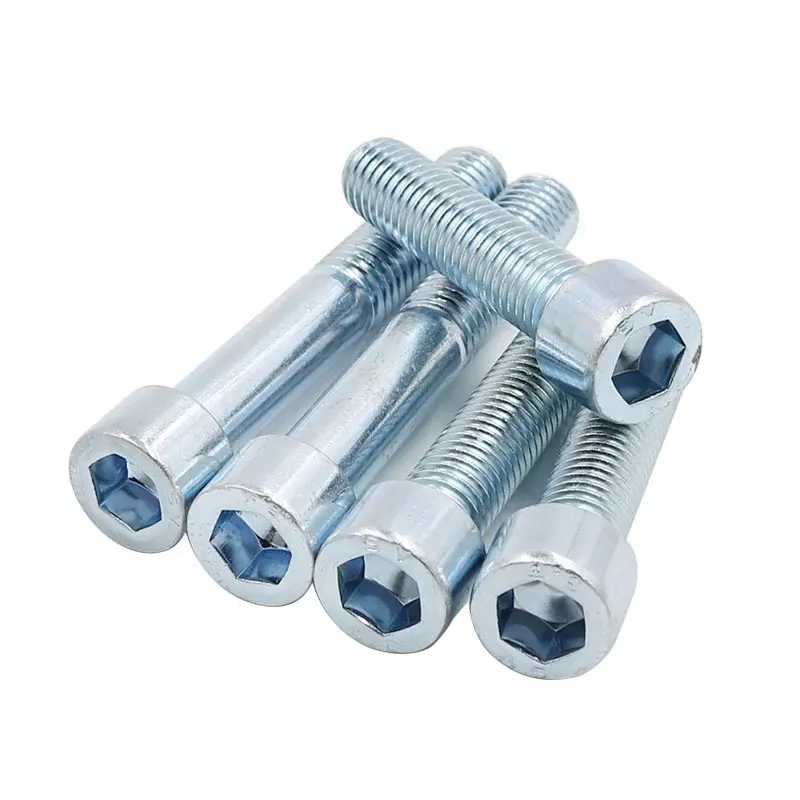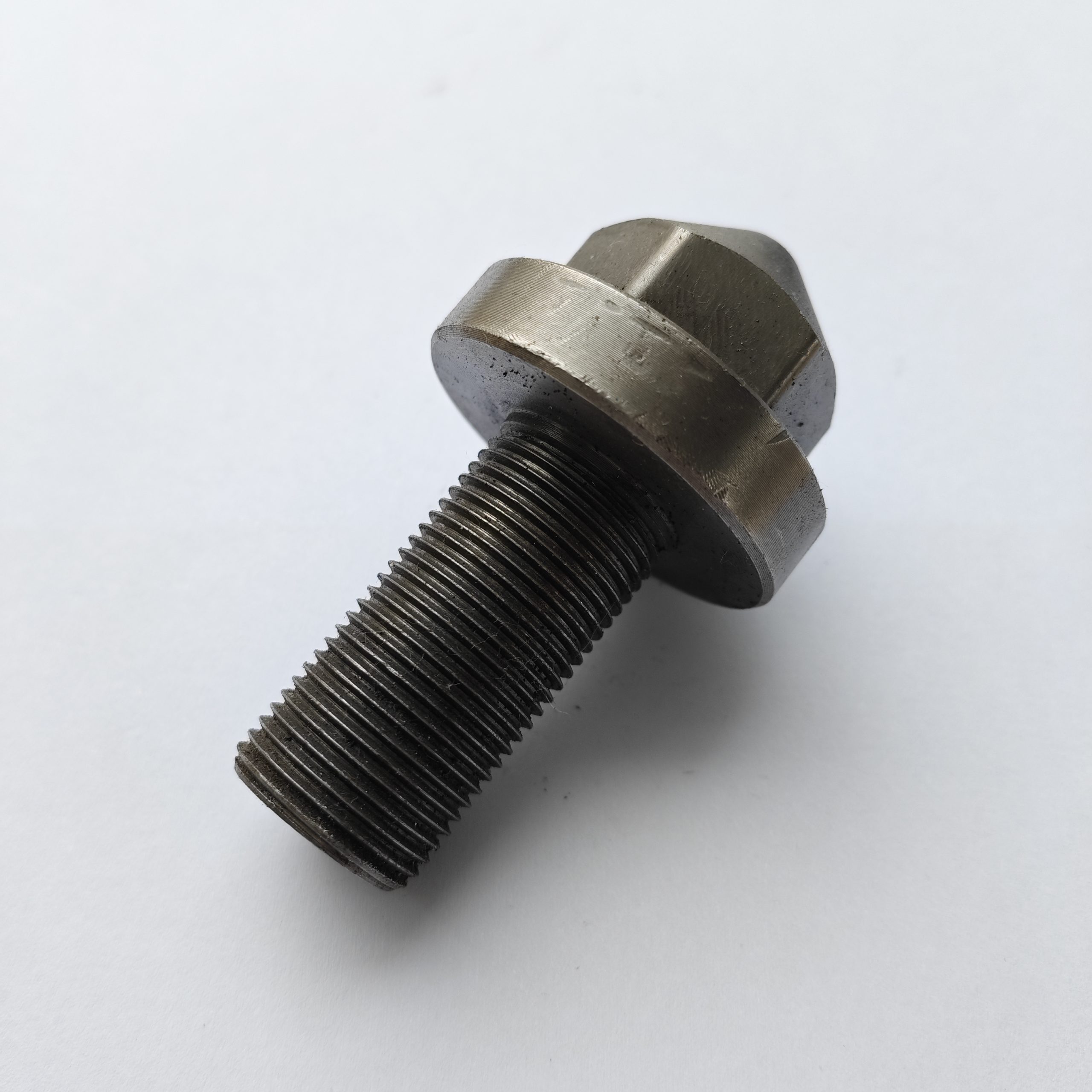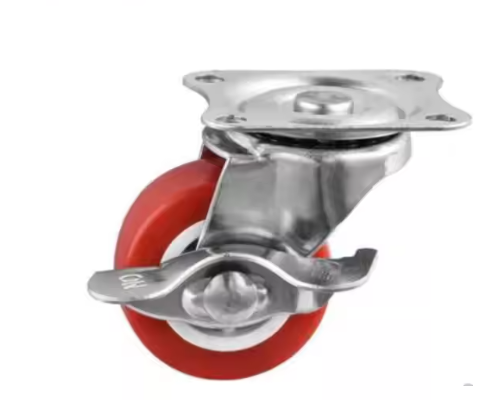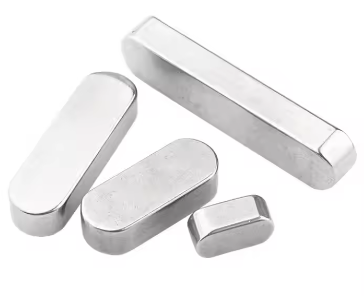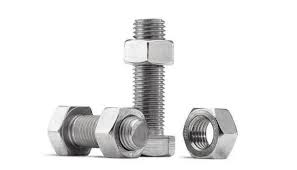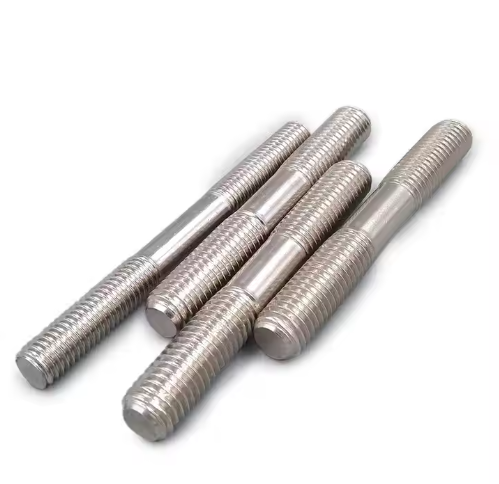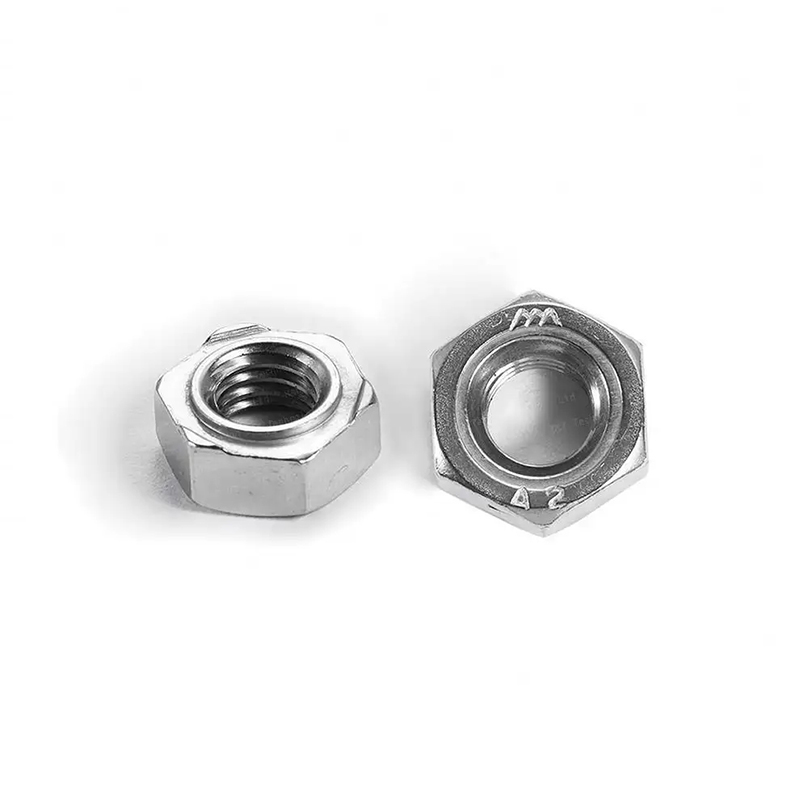Screw Rod Manufacturer: A Comprehensive Guide
This guide provides a thorough overview of screw rod manufacturers, covering various aspects from material selection to application considerations. Learn about different types of screw rods, their manufacturing processes, and crucial factors to consider when selecting a supplier. We'll explore key specifications, quality control measures, and common applications for these versatile components.
Understanding Screw Rods
What are Screw Rods?
Screw rods, also known as threaded rods or studs, are long, cylindrical fasteners with external threads along their length. They are used in a wide range of applications for connecting components, providing tension, or acting as linear actuators. The material, diameter, length, and thread type are crucial factors determining their strength, durability, and suitability for a specific application.
Types of Screw Rods
Screw rods are available in various materials, each offering unique properties. Common materials include:
- Steel: Offers high strength and durability, often used in high-stress applications.
- Stainless Steel: Provides excellent corrosion resistance, making it ideal for outdoor or corrosive environments. Hebei Dewell Metal Products Co., LTD offers a wide range of stainless steel screw rods.
- Alloy Steel: Offers enhanced strength and resilience compared to standard steel.
- Brass: Offers good corrosion resistance and machinability, often used in less demanding applications.
The choice of material depends largely on the intended application and the environmental conditions.
Thread Types and Specifications
Understanding thread types and specifications is crucial for selecting the appropriate screw rod. Common thread types include metric, inch, and others. Key specifications to consider include:
- Diameter
- Length
- Thread Pitch
- Material Grade
- Tolerance
Incorrect specifications can lead to improper fitting and potential failure.
Choosing a Screw Rod Manufacturer
Factors to Consider When Selecting a Manufacturer
Selecting a reliable screw rod manufacturer is vital for ensuring product quality and timely delivery. Consider these key factors:
- Manufacturing Capabilities: Does the manufacturer possess the necessary equipment and expertise to produce the required screw rods to your specifications?
- Quality Control: What quality control measures are in place to ensure consistent product quality?
- Certifications: Does the manufacturer hold relevant industry certifications (e.g., ISO 9001)?
- Lead Times: What is their typical lead time for order fulfillment?
- Customer Service: How responsive and helpful is their customer service team?
Due Diligence: Verifying Manufacturer Claims
Thorough due diligence is crucial. Verify claims made by manufacturers by:
- Checking online reviews and testimonials.
- Requesting samples and testing them to verify quality.
- Visiting the manufacturer's facility (if possible).
- Requesting certificates and documentation to verify certifications and compliance.
Hebei Dewell Metal Products Co., LTD, a reputable
screw rod manufacturer, prioritizes quality and customer satisfaction.
Applications of Screw Rods
Common Applications
Screw rods are used extensively in various industries and applications, including:
- Automotive: Suspension systems, engine components
- Construction: Structural support, scaffolding
- Machinery: Linear actuators, clamping systems
- Medical Devices: Surgical instruments, prosthetics
- Furniture: Adjustment mechanisms, support structures
The versatility of
screw rods makes them indispensable components across diverse sectors.
Quality Control and Testing
Ensuring Product Quality
Quality control is crucial throughout the manufacturing process. Manufacturers should employ rigorous testing procedures to ensure the screw rods meet required specifications. Common testing methods include:
- Tensile strength testing
- Hardness testing
- Dimensional inspection
- Thread inspection
These tests ensure that the
screw rods meet the required strength, durability, and dimensional accuracy.
| Material | Tensile Strength (MPa) | Yield Strength (MPa) |
| Mild Steel | 400-500 | 250-350 |
| Stainless Steel 304 | 515-690 | 205-275 |
| Alloy Steel | 600-1000+ | 400-800+ |
Note: These are approximate values and can vary depending on the specific grade and manufacturing process. Consult material datasheets for precise values.




